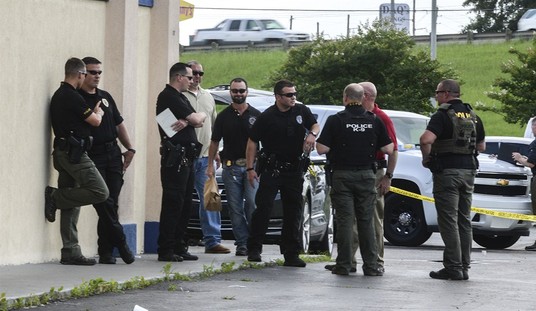Two of the year’s more highly regarded films – The History Boys and The Good Shepherd – relate to higher education: the former is about getting into Oxford and Cambridge, the latter about what happens after you’ve been to Yale (you join the CIA). How’s that?
Never mind. FULL DISCLOSURE: I attended Yale, albeit The Drama School, and The Good Shepherd didn’t make a bit of sense to me. But first, The History Boys.
Alan Bennett’s adaptation of his own multiple award winning play (six Tony Awards, etc.) comes with a heavy pedigree and it’s deserved. This man can write English dialogue as well as anyone on the planet with the possible exception of Tom Stoppard. Listening to Bennett’s words is a treat, not just because he never fails to amuse, but because he almost unceasingly informs.
Here he is telling us about a traditional world of English education already about to fade into oblivion in the Eighties. A young Yorkshire group of Oxbridge aspirants are in the hands (in more ways than one) of an “old school” teacher with humanist tactics (superbly played by the Tony-winning and BAFTA-nominated Richard Griffiths) who is being replaced, or more accurately augmented, by a junior man from our modern world of techno-testing. Good-bye, Thomas Hardy in the original; hello, Cliff Notes and exam strategy.
The theme is then not who will get into Cambridge, but what we really know in life and how we know it. The adolescent boys in the class-all brilliant young actors I have not seen before; the UK must have a factory for these people-spend more time deciding their sexuality than they do studying Hardy or the notes.
The adult actors are equally good. Of special interest to the Academy will be, I am sure, the magnetic Frances de la Tour who has already won the Tony for her role. Director Nicholas Hytner also moved his production from stage to screen with facility. But of greatest importance is Bennett who will certainly compete for the adapted screenplay Oscar. He has taken us inside a world with great authenticity.
This is the opposite of The Good Shepherd whose screenplay seems entirely inauthentic and feels written from, yes, Cliff Notes on the history of the OSS and the CIA. This long and turgid movie aims to do for the WASPS (who control and controlled those agencies) what The Godfather trilogy did for the Italians. Only its view of White Anglo-Saxon Protestants is clichéd and unrealized.
It’s no accident the Godfather films were written by Italians Mario Puzo and Francis Coppola. A Jewish screenwriter, Eric Roth, who has no personal experience of intelligence work that I know of, wrote The Good Shepherd. Former intelligence operatives (LeCarré, Greene, Charles McCarry, etc.) have written many fine works of film and fiction from inside the spy world, so The Good Shepherd suffers especially by comparison. (One example is the BBC version of Tinker, Tailor, Soldier, Spy, which so magnificently dramatizes aspects of the Philby Affair.)
But worst of all is that the film simply makes no sense. I am the author of eight mystery novels and at least loosely up-to-speed on the history of US intelligence and I couldn’t always understand the plot. I cannot imagine what a general audience unfamiliar with CIA operations in Guatemala, Congo and the Bay of Pigs would have made of this mess. The movie hops from one event to the next with little connection. Threads appear and disappear almost at random – what was Alec Baldwin actually doing in this movie? I can’t explain it. Matt Damon, one of the more charismatic movie stars of his generation, seems lost in the lead here. And as for Robert DeNiro’s direction, the less said the better, other than the hoary “Stick to your day job.”
Now, back to that DVD stack …
Roger L. Simon was nominated for an Academy Award in screenwriting for his adaptation of Isaac Singer’s Enemies, A Love Story.









Join the conversation as a VIP Member